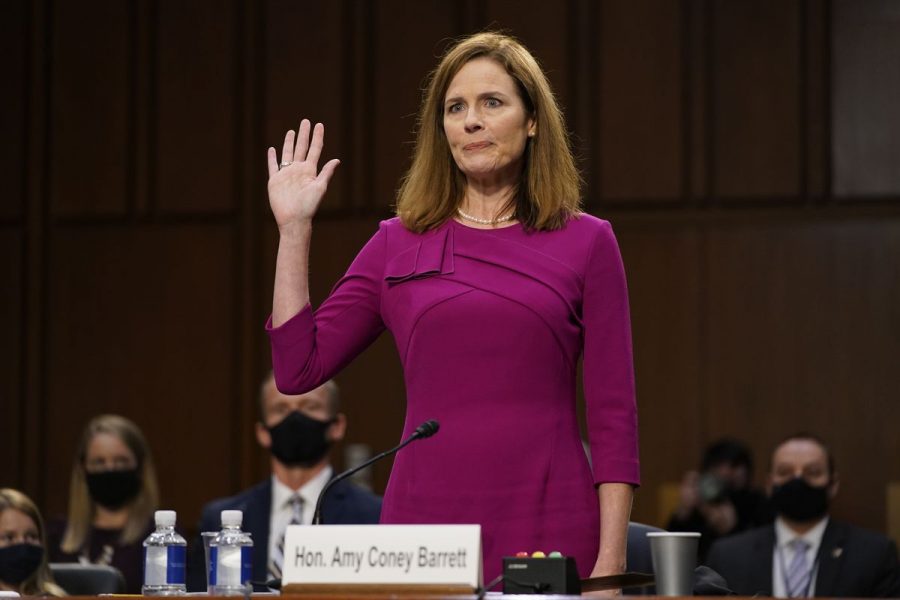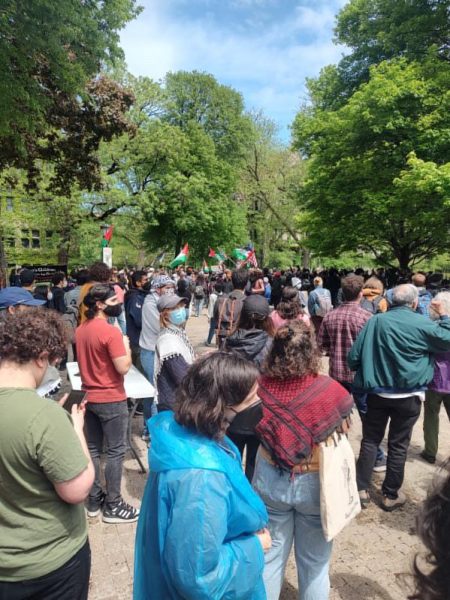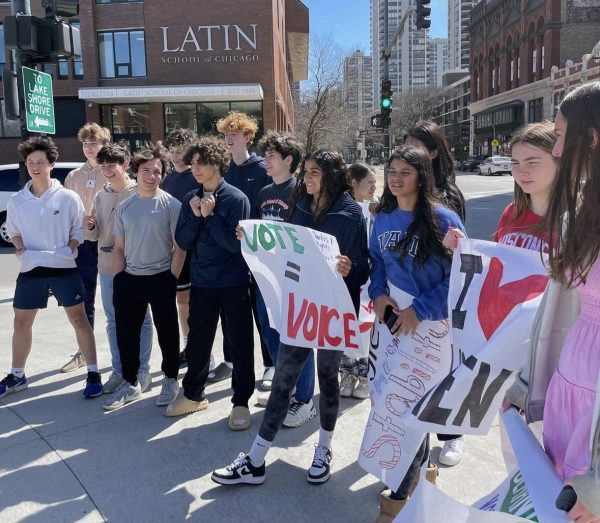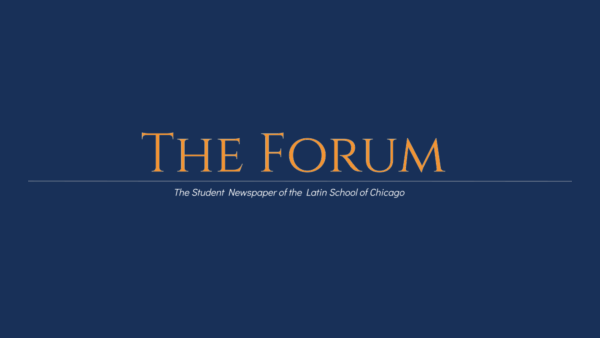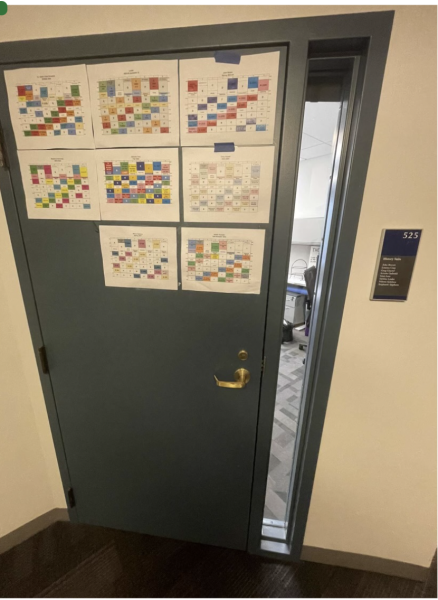Summarizing the Partisanship of Amy Coney Barrett’s Confirmation Hearing
After nearly 20 hours of questioning by the Senate, Amy Coney Barrett was sworn in on October 26 as the newest U. S. Supreme Court Justice. Some members of the Latin community were critical of the unusual speed of her nomination and confirmation process; Barrett was sworn in just 31 days after her nomination, as opposed to the average of 70 days.
“It’s a lifetime appointment, and we really want to know what we are getting here,” said Upper School history teacher Ernesto Cruz. Because of the rushed confirmation hearing, many students and teachers expressed that they do not have a clear understanding of her agenda.
“There was not enough time to go through and really see her opinions,” senior Freddi Mitchell said.
For their confirmation hearings, candidates are advised not to make any promises or say much about their beliefs. However, with the shortened process, which was driven by Republicans’ desire to get her onto the High Court before the upcoming elections, some members of the Latin community feel that they know even less about Justice Barrett than they did about past Supreme Court nominees.
“It is this weird double-edged sword, because you aren’t under any obligation to answer questions,” said Mr. Cruz, “but it definitely comes off a certain way when you keep getting asked things and the answers aren’t there.”
Even with the abbreviated confirmation hearings and the limited information that Justice Barrett revealed about her opinions, her rulings in past cases on various issues are far less ambiguous.
“As historians, we can assess people based on their actions,” said Upper School history teacher Matthew June. “Based on past decisions she has made, she has shown that she is willing to support things like making same-sex marriage illegal again.”
Going into the hearings, senators of both political parties had already formed definite opinions about Barrett’s becoming the next Supreme Court justice. Dr. June pointed out that in a typical Supreme Court confirmation hearing, the nominee will not answer questions about potential rulings, and, even if they are willing to answer, which is rare, their answer does not change many minds. It seems safe to say that nobody’s opinions on Barrett as a candidate were going to change based on these hearings.
After Justice Ruth Bader Ginsburg died, Democrats feared that President Trump’s nominee would undo the accomplishments that Justice Ginsburg made during her 27 years serving on the Supreme Court. On the other hand, some Republicans feel that Justice Barrett stands for everything they believe in and that she will do great work as a justice.
In the past, Barrett has mentioned that her agenda as a judge is primarily religious. She showed in her previous rulings as a judge, and in her other statements, that she opposes same-sex marriage and abortion because of her religious beliefs.
Last week, Pope Francis announced his support of same-sex civil unions and that they are welcome in the Catholic Church. However, there is no evidence that Justice Barrett’s opinions on the matter have shifted.
“We know she does not support abortion, we know she does not support same-sex marriage, we know she does not support equality for the LGBTQIA+ community,” said Freddi. “She supports discrimination, not having anything to do with her religious beliefs.”
However, Mr. Cruz pointed out that there is often a disconnect between what the Pope says and what the Catholic Church supports. “The Pope comes out and says one thing, but there is a growing movement in the Catholic Church that the Pope is wrong,” Mr. Cruz said.
Aside from her prior rulings, many members of the Latin community say they are still unsure of what Justice Barrett will stand for on the Supreme Court. Perhaps with a lengthier hearing, there would be more known about her beliefs.
“If there was more time, I think we would have gotten a better sense of her agenda,” said Freddi.

Eliza Lampert (’24) is a senior at Latin and is overjoyed to serve as one of this year’s Editors-in-Chief. During her time writing for The Forum, she...






































